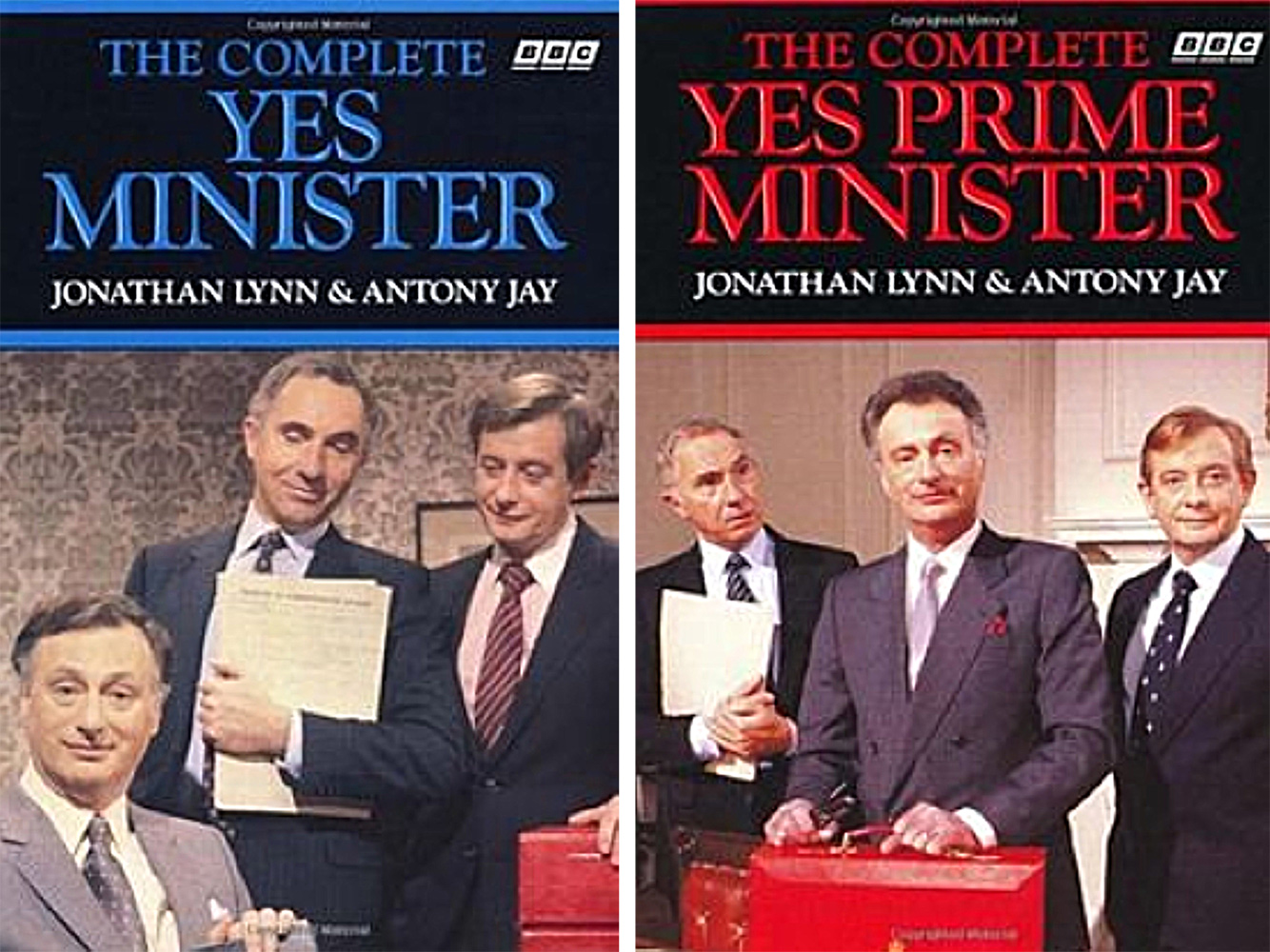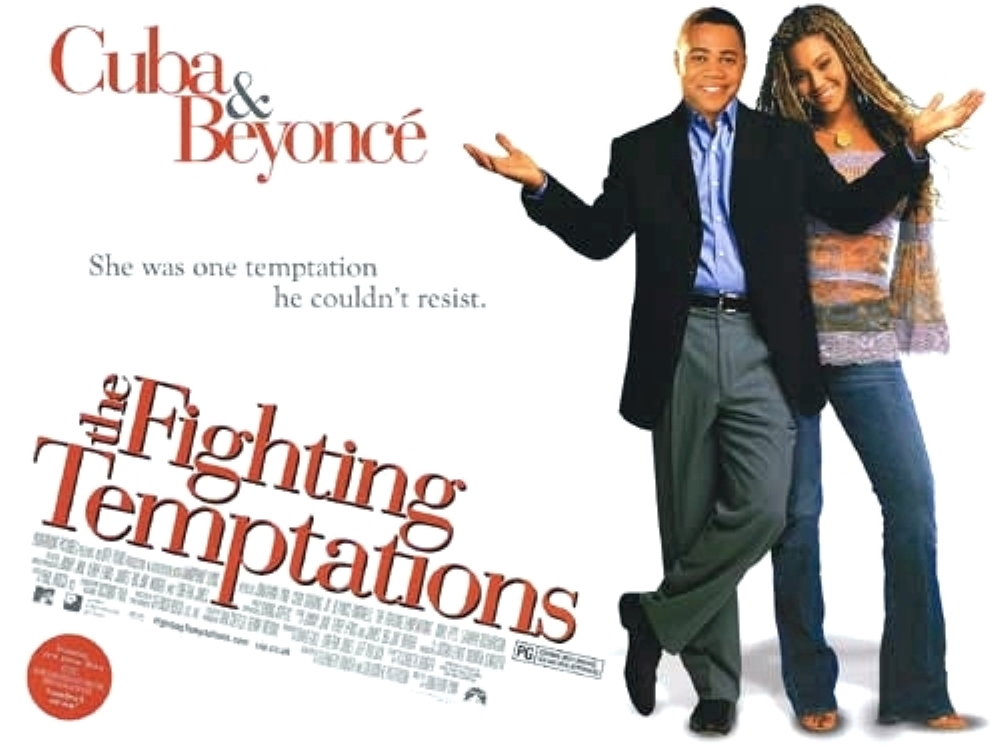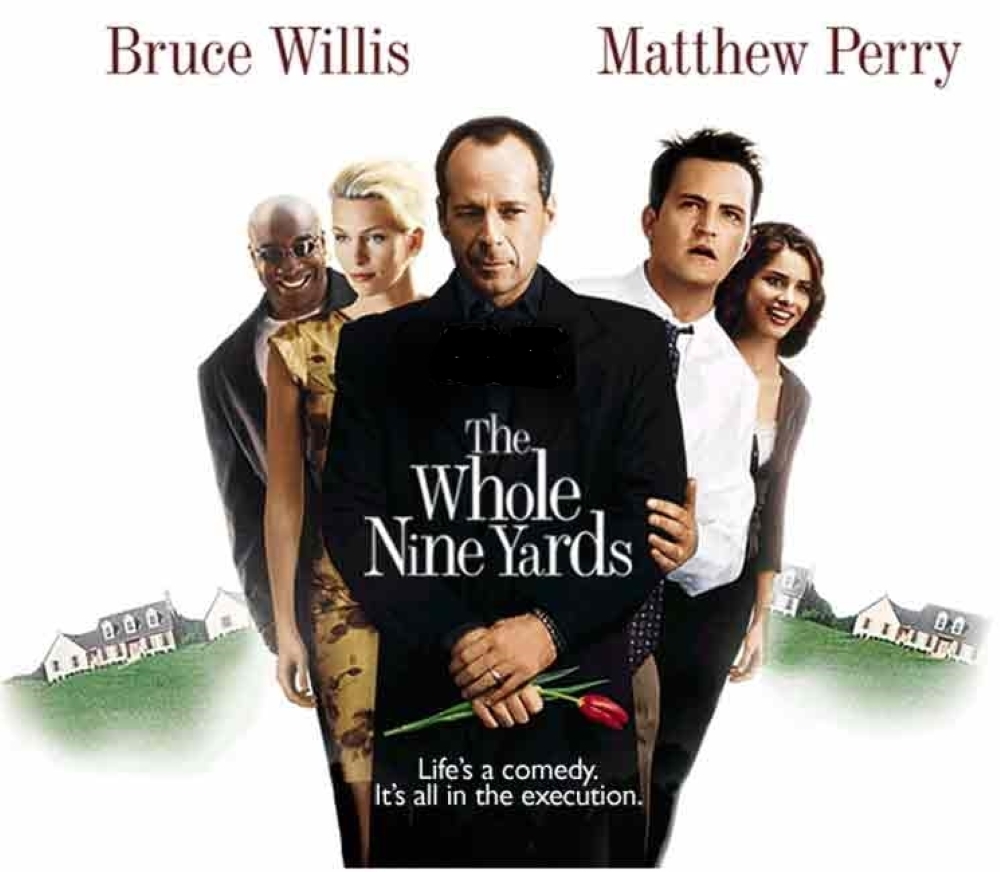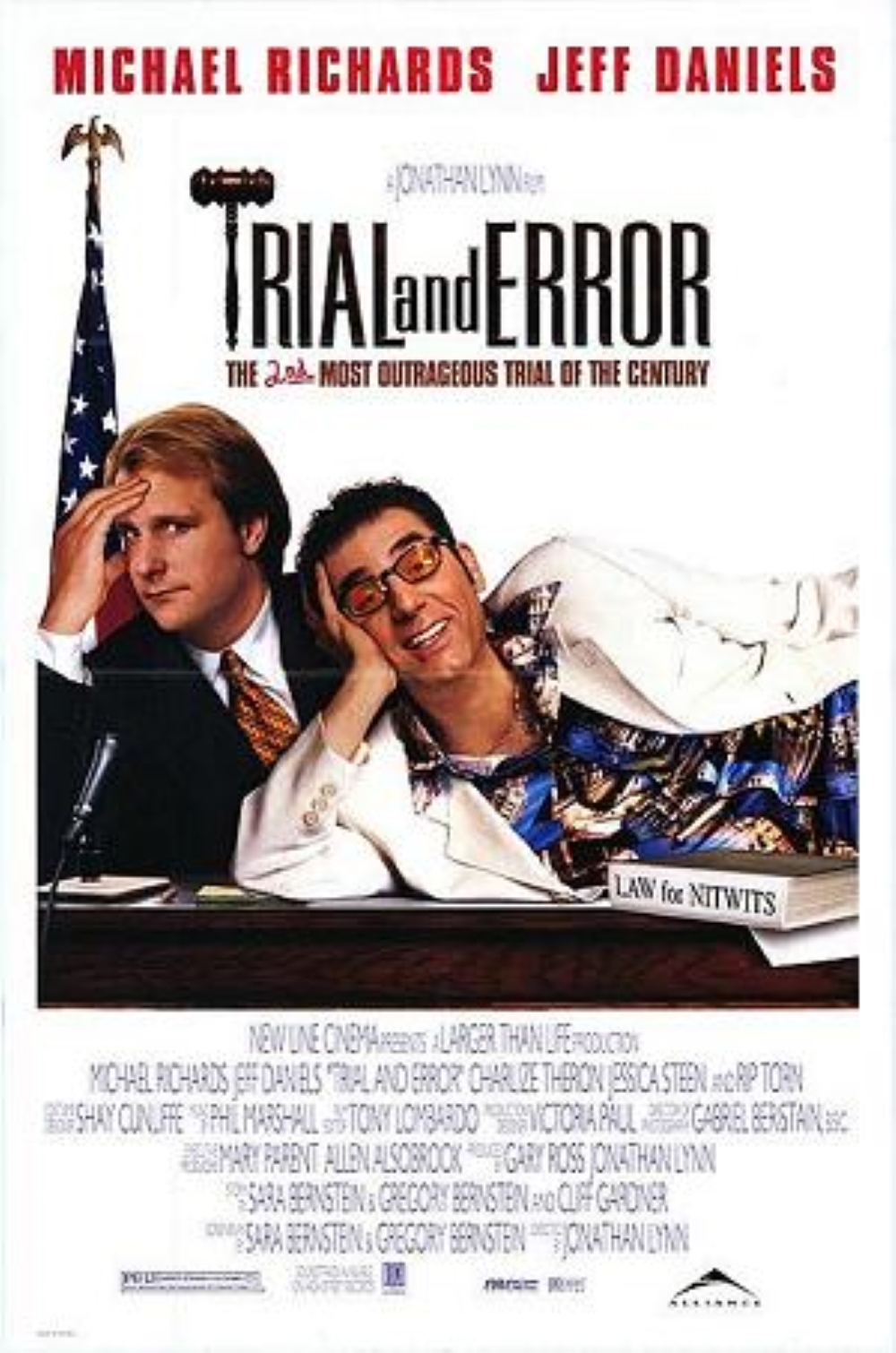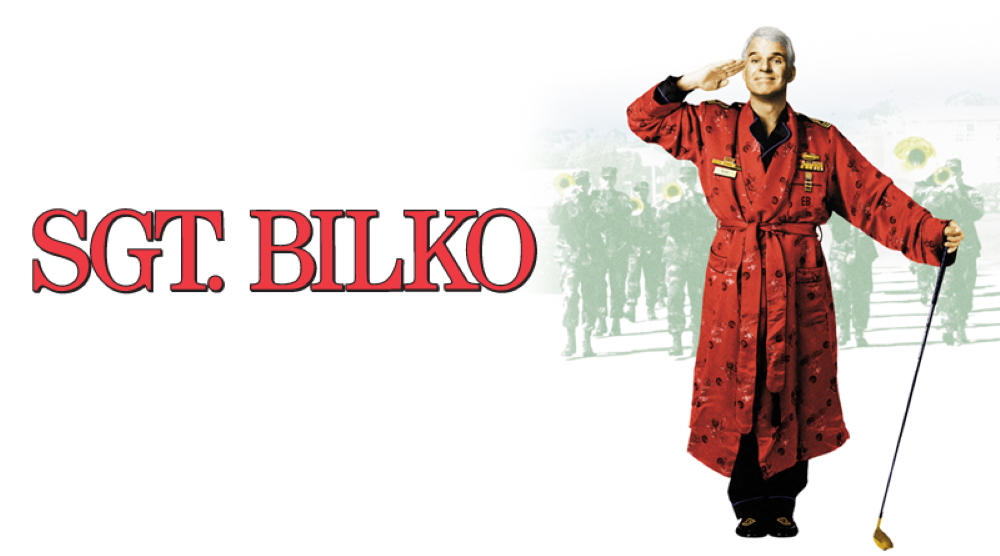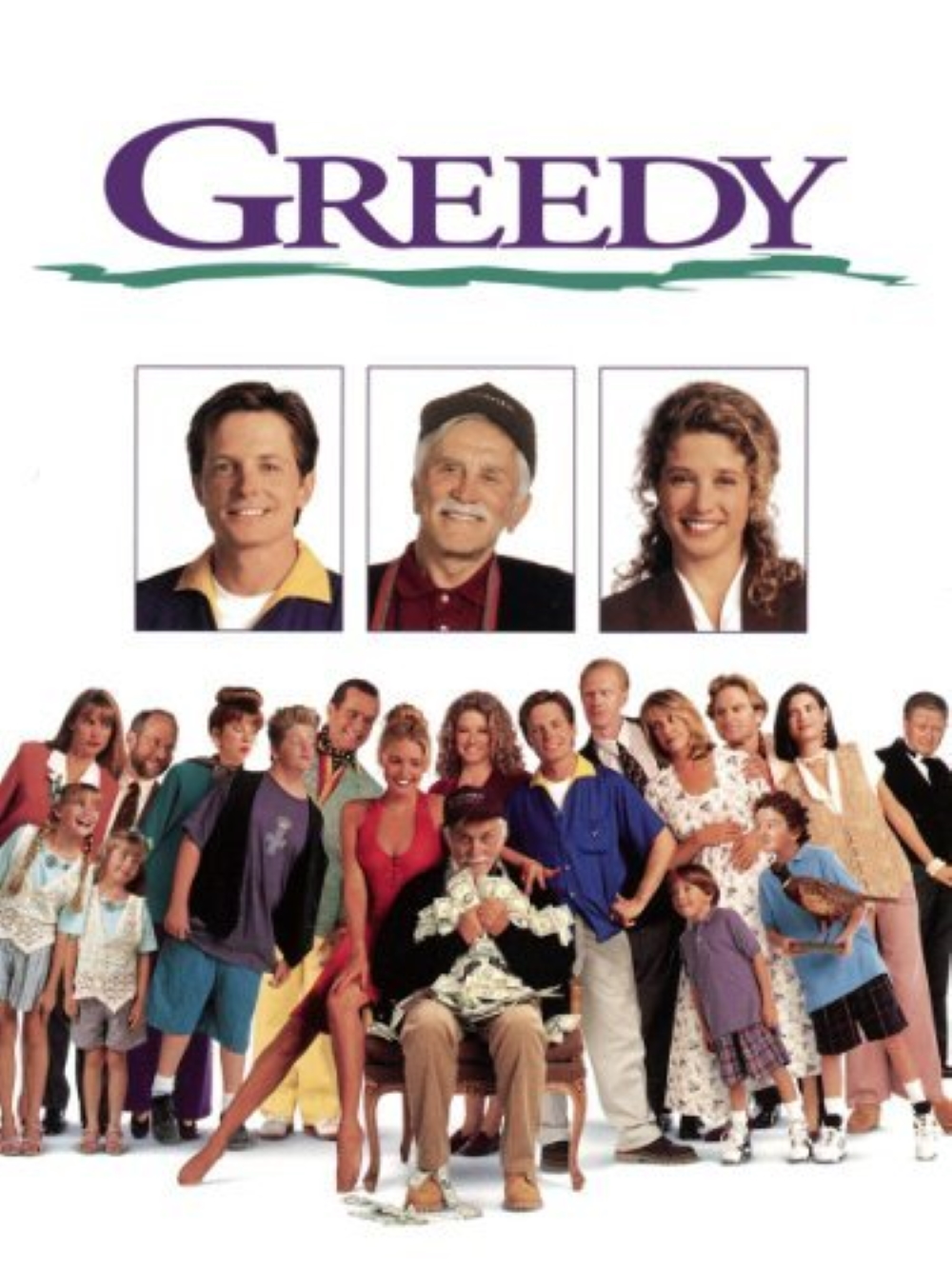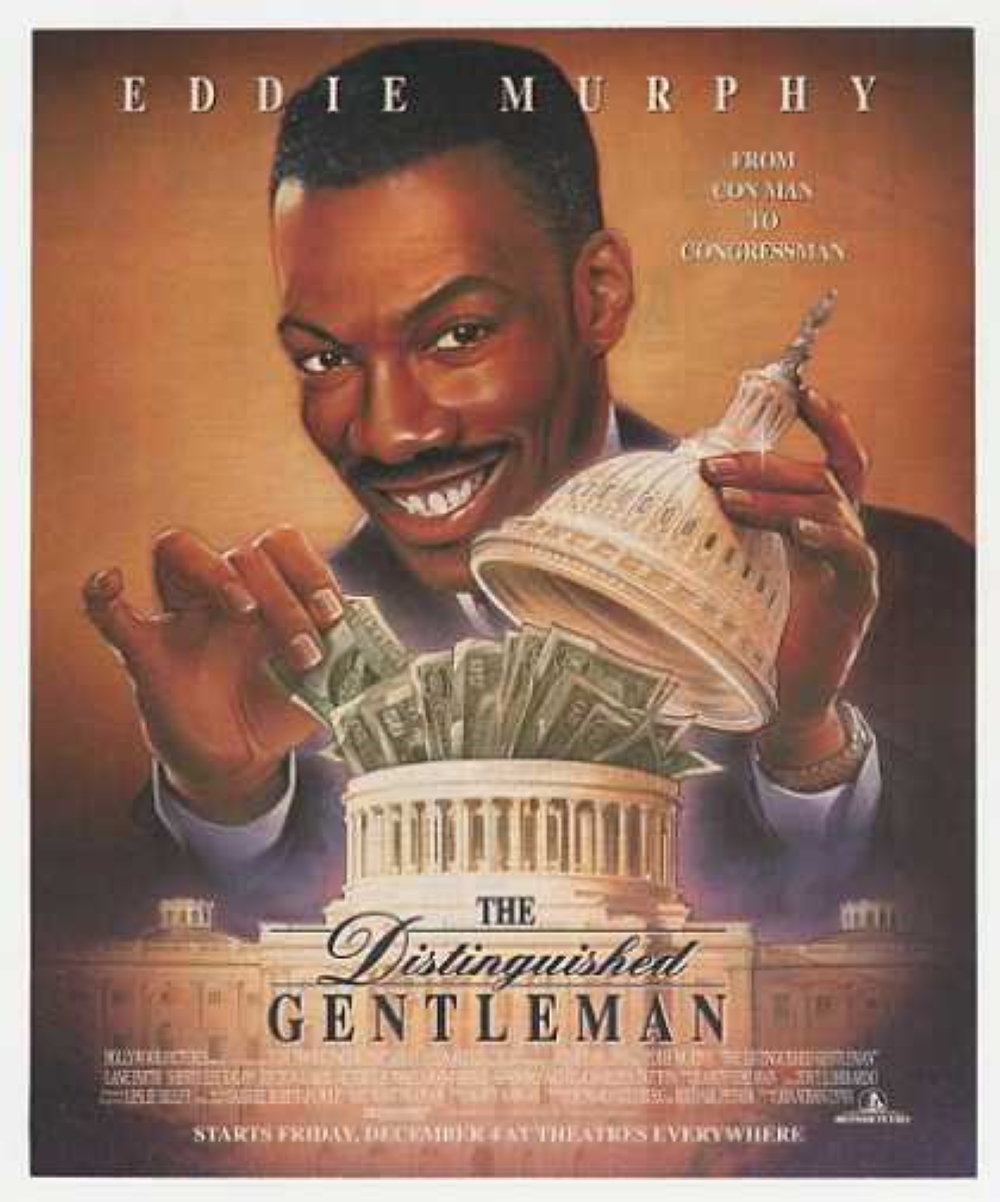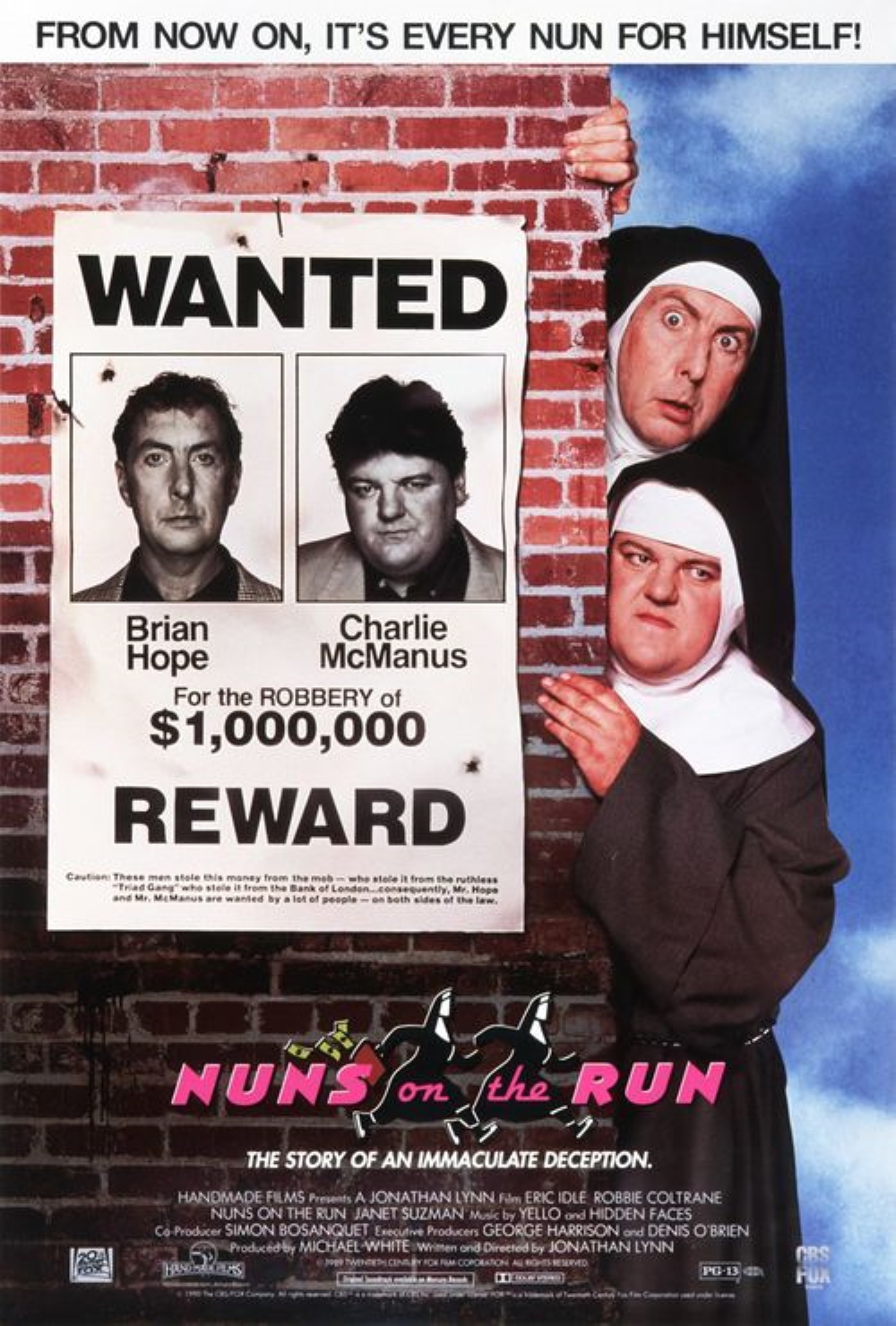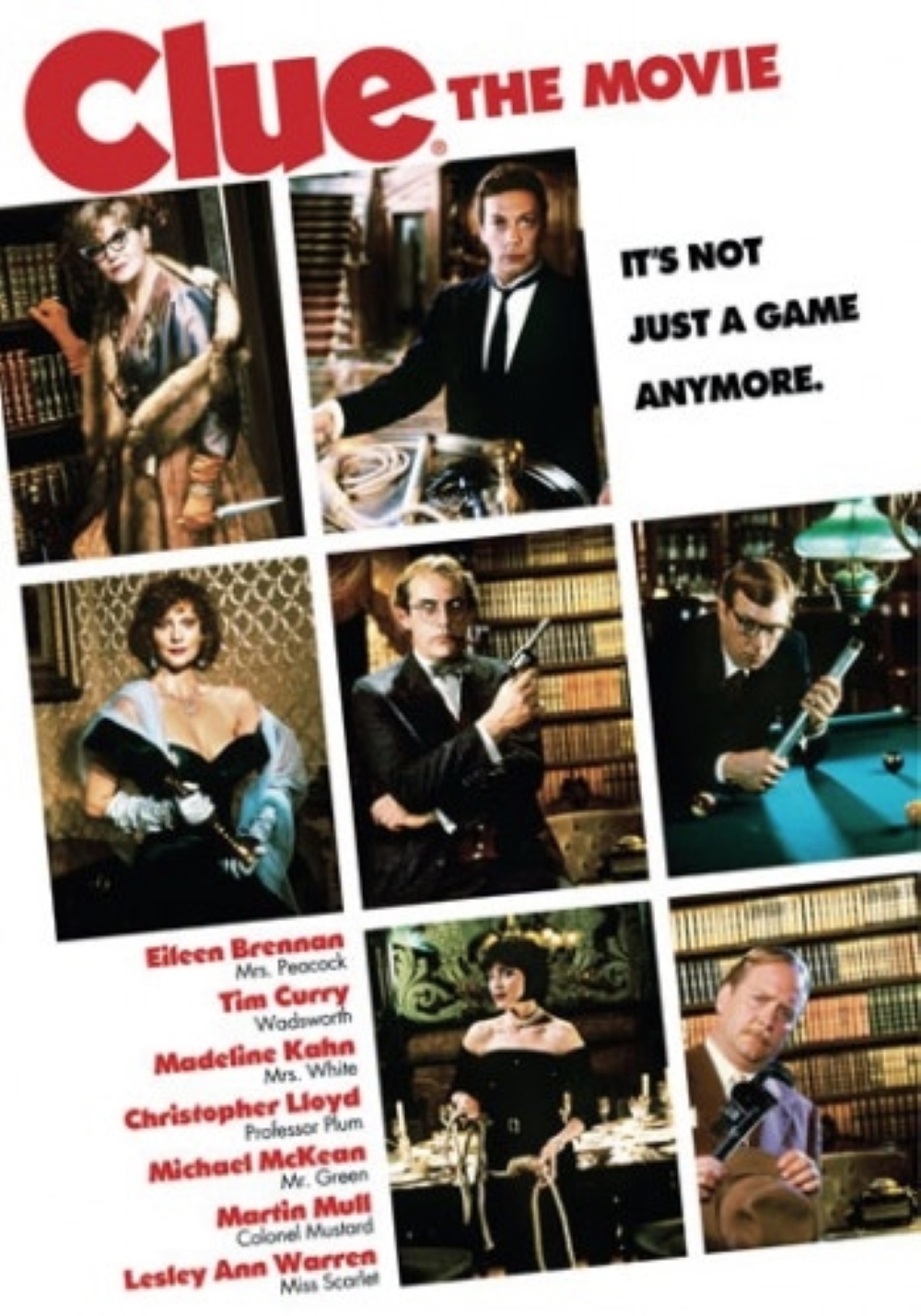Jonathan Lynn
"Yes, Minister"-writer / producer / actor - stage & film director
GB / US
'Yes, Minister' and 'Yes, Prime Minister'. These political satire sitcomes, aired on British tv, are classics from the 1980s. They were phenomenally successful (seen in 84 countries) and multi-award-winning. The 37 episodes (available on DVD) were co-written and created by Jonathan Lynn with Antony Jay. The former has several funny feature films on his cross reference listing too: 'Clue', 'Nuns on the Run', 'My Cousin Vinny' or 'The Whole Nine Yards' to name a few. Jonathan Lynn is a real multi-talent being an accomplished writer, producer, actor, stage and film director as well as novelist in personal union.
Jonathan Lynn
"Yes, Minister"-writer / producer / actor - stage & film director
GB / US
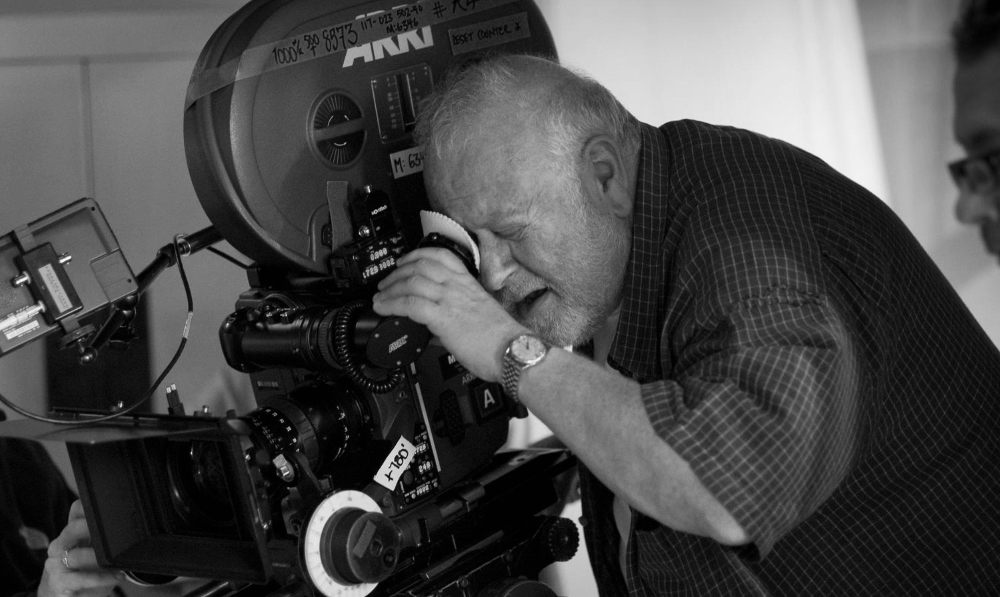
Jonathan Lynn (* April 3rd, 1943) made an early start to his prolific career: Studying law at Cambridge (receiving a MA) he appeared as a member of the University Club with a revue on Broadway and 70 million viewers on ‚The Ed Sullivan Show‘ in 1964. In the following year the son of a physician and a sculptor was nominated for the 1965 „Plays and Player Award“ as ‚Most Promising New Actor‘. The natural talent not only performed in television comedies but wrote some episodes and screenplays himself. The Minister-series that he transferred into a stage version in 2010, propelled him to nationwide fame. Despite that he still found time to direct his own company at the National Theatre of Great Britain and won various awards. With such a wide high profile background the Englishman travelled to America for conquering Hollywood and working with some of the popular actors there. Eddie Murphy starred in his political comedy 'The Distinguished Gentleman' about the corrupting power of lobbyists in Washington. Michael J. Fox and Kirk Douglas performed in 'Greedy', Steve Martin and Dan Aykroyd in 'Sgt. Bilko', Charlize Theron in 'Trial and Error', Bruce Willis (of 'Die Hard'-fame) in 'The Whole Nine Yards' (2000). Lynn‘s crime-comedy was number 1 at the US box office for three weeks. In 2003 he directed 'The Fighting Temptations'. The tour de force of gospel music (featuring Beyoncé Knowles and Cuba Gooding Jr.) was awarded „Film of the Year“ at the American Black Film Festival.
Beside all these activities Jonathan Lynn, who lives in New York now, was active as a novelist. Aside from the co-authored millionseller-hardbacks 'The Complete Yes, Minister' and 'The Complete Yes, Prime Minister' he wrote the books 'A Proper Man', 'Mayday', 'Samaritans' and one of whose titles sums up his work of 40 years: 'Comedy Rules'.
Interview February 2022
„Comedy Rules“: British lawyer without practice becomes an international awarded multi-talent
INTUITION/IMAGINATION
How does intuition present itself – being a gut feeling or a suspicious impression?
Either.
Do you visualise something spontaneously in your mind’s eye - maybe in dreams?
Seldom.
Will any ideas be written down immediately and archived?
Sometimes.
What if there is a deadline, but no intuition? Does the first fuel the latter maybe?
Yes.
Are great ideas based on intuition or by almost endless trials and errors that result in constant developments up until the final result?
Both.
World-famous guitarist Carlos Santana said to me, when the “sky” opens and sends you a brainwave one has to grab that special spiritual moment for realising it before the clouds darken all again. What do you think about that?
True.
Does every idea exist immaterially already and just has to be put into effect, i.e. is creativity in its profound purpose basically about transferring dreams into reality?
Not in my experience.
INSPIRATION
What inspires you and how do you stimulate this special form of imaginativeness?
I don't know.
Do calm and relaxation prove the most suitable or does pressure fire up creativity?
Might be either.
How do you separate the good from the bad and which ideas are worthwhile to be explored further or whether one idea has the potential of being outstanding really?
Trial and error.
What key characteristic does an idea need to be viable i.e. does it have to appeal to you personally or promise commercial potential/fulfil certain needs?
It must appeal to me personally.
Does inspiration for you reveal itself in a kind of clear and complete vision so that you just have to capture the fantasy in a way that’s authentic to your creativity?
No. It takes time and hard work.
Do you sometimes revisit old(er) ideas (especially in tough times of need)?
Occasionally.
How long do you ponder an idea before creatively working on it?
That’s variable. Could be days, months or years.
Do you check what colleagues/competitors are up to/your role models contrive(d)?
No.
creativity
Which time/place/environment suits your creative work process the best?
Mornings, my office.
Which path do you take from theory/idea to creation i.e. how do you start?
I make lots of notes of all relevant thoughts as they occur.
What does your average creative day look like (early bird or night worker)?
Work in the morning. Take the afternoon off. Revise the day’s work early evening.
How important are self-doubt and criticism (by others) during such a process?
Vital.
Is it better to be creative on your own, only trust your own instincts, or in a team?
That depends on the project.
Does age/life experience help with creativity or is a younger mind more creative, ‘cos it’s fresh and untouched by experience? What about social/cultural heritage?
Experience may help. Youth has more energy. My social and life experience obviously affects what interests me, and therefore affects what I write.
What is your personal approach/motivation/concern regarding creative activity?
To make people laugh – and think.
If you’d make a pie-chart: what is your satisfaction based upon - a) self-realisation/ personal compliance, b) artistic recognition or c) commercial success & fame?
Mostly b. C doesn’t hurt.
How does a creative find his/her own style/possibly unique way of expression?
Practice.
Is craftmanship important or should creatives be able to work 100% unloaded?
Craftsmanship is essential.
Can routine, experience and professionalism make up for lack of creativity?
No.
If problems occur during the creativity or one’s stuck, how can that be solved?
Waiting for a new, helpful thought.
Are a never give up attitude and persistently hanging on necessities for creatives?
Yes.
Which is better in the development process: speed and – if that’s possible - force creativity i.e. grasp the magic of the moment, or a slow, ripening process when it comes to implementation and elaboration?
It depends on the project.
„Creativity is the ability to reorganise known factors so that they become novel and fresh.“ Do you agree with British rock-manager Tony Stratton-Smith?
Yes. Art makes people look at things in a new way.
Should a creative always remain true to him-/herself including taking risks & going against the flow or must one, for reasons of (commercial) survival, make concessions to the demands of the market, the wishes of clients and the audience’s expectations?v
Remaining true to oneself is clearly preferable, but it depends how much they need the money.
How is innovation still possible if one has established a distinctive style?
Style and form should relate to content.
Is it good to be ahead of one’s time even one hazards not being understood at all?
Yes and no.
When does the time come to end the creative process, to be content and set the final result free - or is it work-in-progress with an endless possibility of improvement?
There is always a possibility of improvement.
In case of failure or - worse - a creativity crisis how do you get out of such a hole?
Have other work in progress.
Did you ever deliver something that you considered mediocre, but was successful?
No.
SUCCESS
Why are some people successful and others not - despite the same talents?
Bad luck? Difficult to work with?
Should/can one resist the temptation to recycle a ‘formula’ one’s successful with?
I think so.
Is it desirable to create the ultimate/timeless work, but doesn’t “top of the ladder” bring up the question of “what’s next?” i.e. isn’t such a personal peak “the end”?
Yes. Yes. And no.
MY FAVORITE WORK
There is no single creation that I’m most proud of.
